Between Buddhism & Love: Mastering the Art of Communication
"Aligning on virtuous values makes challenges easier to navigate."
Shu Fang:
The Aljunied branch wasn't exactly a spot for romance, but that's where I met Yi Ming. He was a new student. We were both in the same Buddhist class, and after one of the sessions, a group of us were tossing around ideas for a performance for an event. That's when I noticed him.
Working in the CBD meant our lunch breaks often overlapped. Group lunches became a comfortable routine for just the two of us. He was attractive, but there was more. A dedicated BW student, a vegetarian like me – the thought of building a life together felt strangely effortless.
Our first date wasn't quite the romantic dinner I envisioned. It was an exercise date, and let's just say my stamina wasn't the best. We bonded a lot throughout the date, a testament to the ease with which we connected. Shared beliefs, shared morals – that was when I knew that things could possibly work out!
Yi Ming:
Embracing the Dharma has definitely changed how I approach relationships, especially with Shu Fang. OMAK, Observing Merits and Appreciating Kindness, is a practice that's been a game-changer. Taking turns to appreciate each other's good qualities might sound cheesy, but it really works. It's hard to stay mad at someone when you're actively reminding yourself of all the things you love about them.
Arguments used to escalate quickly because we'd only focus on what the other person did wrong. Now, OMAK helps us see the bigger picture. It's like training your mind to see the positive, even when emotions run high. Sometimes, Shu Fang 'nags' at me. But OMAK-ing her made me realize this was her way of expressing care and love to me, not because it was malicious or anything.
The Dharma also teaches about karma, past lives, and the bonds we carry between them. It's a big concept, but for me, it explains some things about our relationship. Maybe in a past life, I did something wrong that I'm "paying back" to Shu Fang now. (chuckles) But really, it helps me be more patient and accepting of our challenges.
Relationships, as I see it now, are a constant learning curve. There's no fairy tale ending, just two people committed to growing together. The Dharma has shown me the importance of acknowledging each other's feelings and working through issues – even if it takes a little practice!
But perhaps the most important lesson is impermanence. We won't have 'forever' together. Knowing this makes practicing OMAK even more important. By cherishing each other's good qualities, we can build a strong foundation for our marriage, ensuring that even when our time together comes to an end, the memories of our love and appreciation will remain.
Shu Fang:
The community has been a huge support system for Yi Ming and me, especially when we hit rough patches.
Instead of stewing at home, going to Dharma class with some of our friends is very important. Being in this community where we practiced mindfulness and compassion was a breath of fresh air. The teachings were a gentle reminder that disagreements are inevitable, but how we handle them is what truly matters.
Listening to the class discussions with our friends, a sense of calm washed over me. It was like being shown a mirror – our fight was a chance to put the teachings we learned into practice. We could choose anger and resentment, or we could choose understanding and forgiveness.
That experience with the community showed us the power of having a support system that shares your values. We learned that even in the midst of conflict, the Dharma offers tools and practices to navigate through it and emerge stronger as a couple.
Tan Yi Ming, 35
Ong Shu Fang, 35

